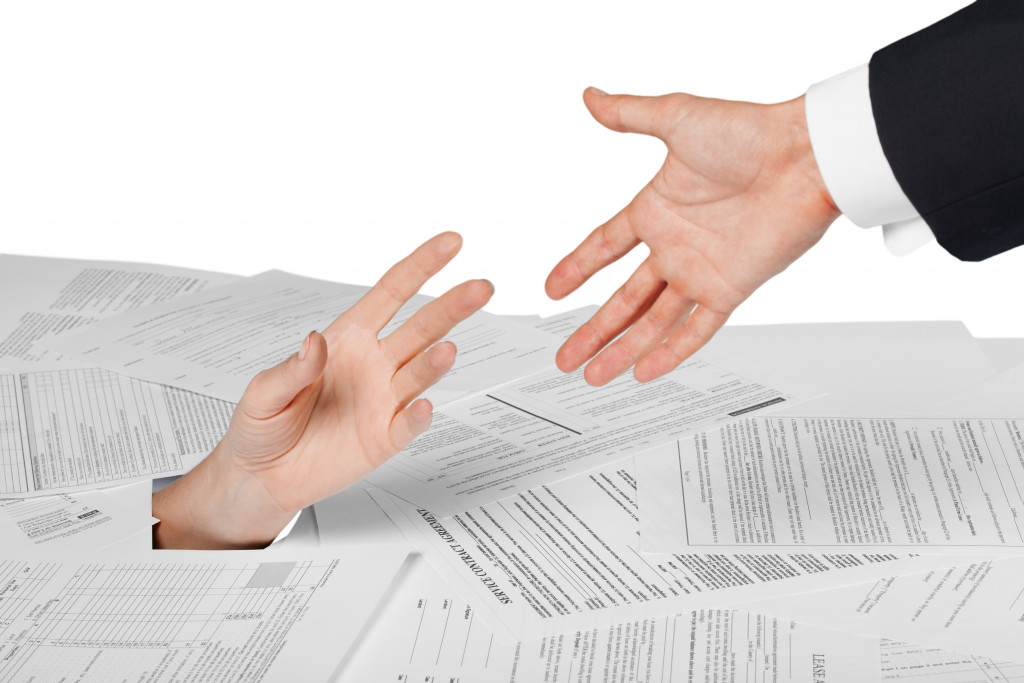- The U.K.’s robust tax laws determine citizens’ tax obligations and rule out tax evasion and fraud.
- Various types of taxes in the U.K., like income tax and VAT, have distinct rules and regulations.
- Breaking tax laws in the U.K. can result in heavy fines, jail time, and personal and business reputation damage.
- Tax violations can impact future credit opportunities and even shut down a business.
- If you’ve unknowingly broken tax laws, get investigated, make a voluntary disclosure, and pay any outstanding taxes promptly.
Taxes are a part of life. Everybody pays taxes in one way or another. Even an immigrant who has just started a new life in the U.K. is subjected to taxes. The money collected through taxes is how the government generates revenue to fund various social projects and public services available to all. Despite this, some individuals make the common mistake of breaking tax laws in the U.K. without realizing the consequences.
Tax Laws in The U.K.
Taxation is essential to any modern economy, and the U.K. is no exception. In the U.K., tax laws are underpinned by a robust legal framework that outlines the obligations and responsibilities of citizens when it comes to paying taxes. These laws also serve as a guide for taxpayers on how to comply with tax regulations. These laws aim to ensure everyone pays their fair share of taxes and prevent tax evasion or fraud.
Types of Taxes in The U.K.
There are various types of taxes in the U.K., including income tax, value-added tax (VAT), capital gains tax, corporation tax, and inheritance tax. Each type of tax is applied differently and has its own set of rules and regulations. For instance, income tax is a progressive tax, meaning that those earning more pay a higher percentage of their income in taxes than those with lower incomes.
Taxes are essential for the government to function. However, you might break tax laws unknowingly, and it is crucial to understand what these laws entail and the consequences of not following them.
The Consequences of Breaking Tax Laws
In the U.K., breaking tax laws can lead to fines, penalties, or criminal charges. Here’s a deeper look into each consequence and ways you can deal with it:

1. Heavy Fines and Penalties
One of the immediate effects of tax law violations in the U.K. is hefty fines and penalties. When caught breaking tax laws, careless or intentional, the HMRC imposes heavy penalties on the individual. Depending on the severity of the breach, the fines could range from a few hundred pounds to tens of thousands. HM Revenue and Customs want to deter anyone who might think of avoiding taxes, so fines serve as a warning shot to everybody.
2. Jail Time
It is not just fines and penalties that the individual may face when caught breaking tax laws in the U.K. In severe cases, the individual could face jail time. The length of the prison sentence varies, depending on the severity and fraud committed. Once the person is caught, he or she may face a maximum sentence of 7 years in jail. Remember that a criminal record is a ticket to greater struggle in finding employment, renting a house, or getting credit facilities.
3. Reputation at Stake
The reputation of a person caught breaking the tax laws is at stake. Though not the effect of tax violations in the U.K., it is still significant. Clients, colleagues, and friends regard integrity highly; thus, negative information about tax violations could taint a person’s character. In the U.K., a country that values transparency, a dodgy/accountable person could suffer irreparable damage to their reputation.
4. Affects Future Credit Opportunities
Tax violations in the U.K. affect future credit opportunities for individuals. Before extending credits or loans, lenders and banks perform background checks on a person’s financial records. Once caught breaking tax laws, your credit score will likely take a nosedive, making it difficult for you to secure credit in the future.
5. Business Shutdown
Business owners who commit tax violations, intentionally or unintentionally, suffer the risk of the tax authorities closing them down. In most cases, the HMRC takes over the business until the tax debt has been cleared. In extreme cases, the business owner could lose their operating license, making it impossible to begin the same business.
Ways to Deal with Tax Violations
If you have unknowingly broken tax laws in the U.K., there are ways to deal with it and minimize the consequences. Here are some of those ways:

Investigation
First, it’s important to know whether you’re getting investigated. An experienced HRMC criminal tax investigation service can assess your situation and advise you on the best action. They can also represent you before the HMRC, potentially reducing your fines or avoiding criminal charges.
Voluntary Disclosure
If you realize that you’ve made an error on your tax return, the best action is to make a voluntary disclosure. This means that you inform HMRC about the mistake and pay any additional taxes owed before they launch an investigation.
Pay Any Outstanding Taxes
If you have unpaid taxes, paying them as soon as possible is essential. This can help minimize any penalties or fines imposed by the HMRC.
Taxes are a crucial aspect of life in the U.K., and breaking tax laws can result in severe consequences, including fines, jail time, damage to reputation, and hindered credit opportunities. Understanding and complying with the tax laws is essential to avoid any legal troubles. If you do find yourself in a situation where you’ve broken tax laws, it’s crucial to seek professional help from experts who can guide you on how to deal with the issue effectively.
